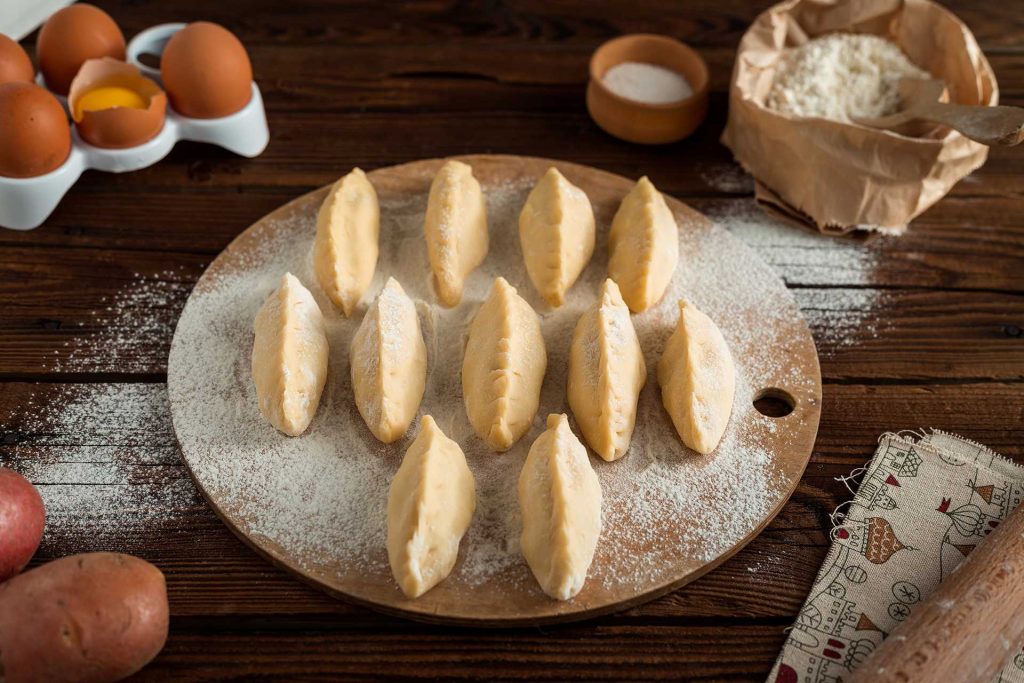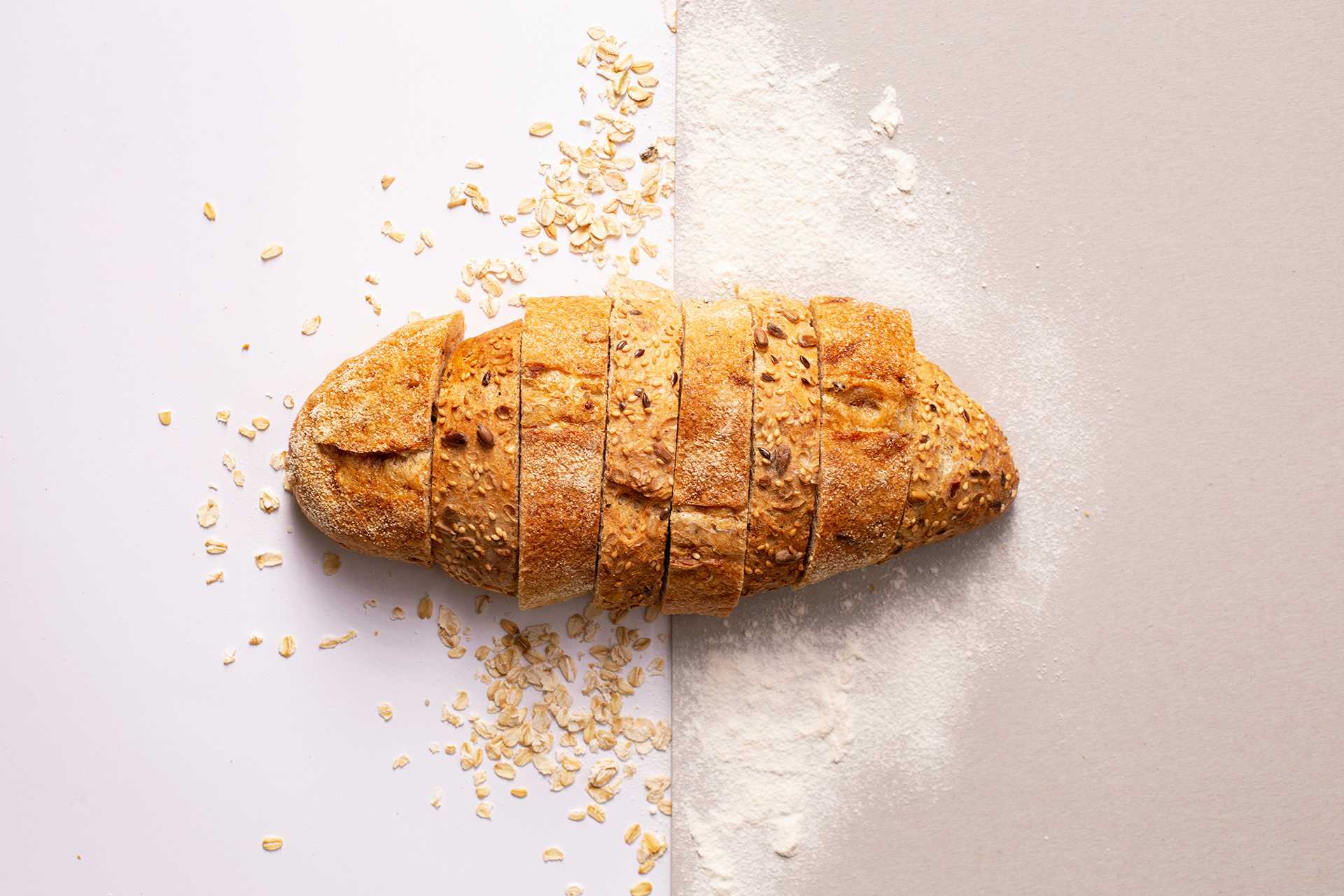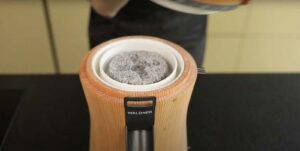Owning a grain mill as a home baker in Australia can improve your kitchen in a variety of ways. A grain mill may be an invaluable tool for any baker because it allows you to grind grains that are farmed nearby and adds nutrients and taste to your baked goods. The advantages of owning a grain mill for Australian home bakers include the following.
Support local farmers: One of the biggest advantages of having a grain mill in Australia is the possibility to buy and grind the grains grown by nearby farmers. With the aid of a grain mill, a wide variety of grains, such as wheat, oats, barley, and others, may all be processed into flour in Australia. Choosing to bake using grains that were grown nearby will help the neighbourhood economy and lessen the environmental impact of transportation.

Spend less: While flour from the store is easy, it may also be expensive. You can use the money you save on flour purchased from stores on other ingredients or kitchenware by grinding your own grains at home. Additionally, you can ultimately save more money by buying grains in bulk.
Boost the nutrition in your baked goods: The bran and germ have typically been removed from store-bought flour because it has frequently been refined. Important nutrients including fibre, B vitamins, and minerals like iron and zinc are included in these grain portions. Your baked goods will have more nutrients if you grind your own grains at home, preserving the bran and germ.
You have complete control over the fineness of your flour when you grind your own grains at home. This can be especially helpful for bakers who want to give their baked goods a specific texture or for people with dietary restrictions who need to use a finer or coarser flour.
Enhance the flavour of your baked products by using freshly milled flour, which has a nutty, slightly earthy flavour that can give them more depth and richness. This is so that the natural flavour and nutrients of the grains are preserved while they are still fresh and being ground. Contrarily, the refining and shipping processes for store-bought flour can cause some of its flavour and nutrients to be lost.
It’s vital to keep in mind that freshly milled flour may react differently in baking than store-bought flour. For instance, it could absorb liquid differently and might need extra leavening ingredients, such yeast or baking powder. It’s a good idea to start by replacing a tiny portion of your recipes’ refined flour with whole grain flour, and then gradually increase the proportion as you get more accustomed to the unique qualities of whole grain flour.
The freshness of the flour is another factor to take into account. Because the germ of whole grains includes oil that can oxidise over time, whole grain flour has a lower shelf life than refined flour. It is ideal to use freshly milled flour that you grind yourself at home using a grain mill or a high-quality electric flour mill in order to extract the maximum taste and nutrients from your whole grain flour. By doing this, you’ll be able to regulate the flour’s coarseness and guarantee that the flour you use in your baked items is as fresh as it can be.
The potential to support regional farmers, save money, add nutrients to baked products, regulate the coarseness of flour, and enhance the flavour of baked goods are just a few advantages that Australian home bakers can reap from owning a grain mill. A grain mill can be a useful appliance in your kitchen, regardless of your level of baking experience.




